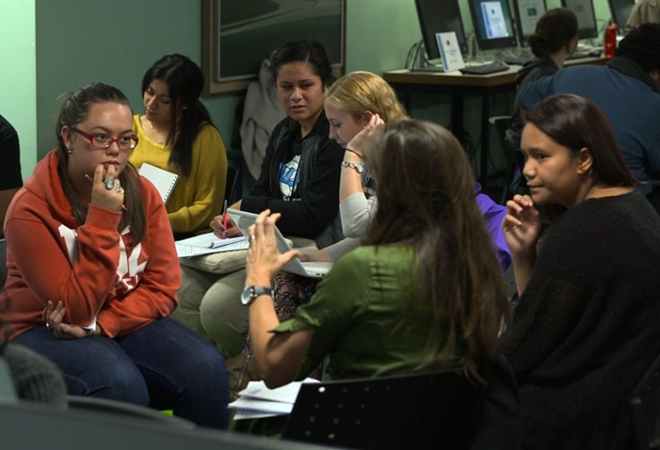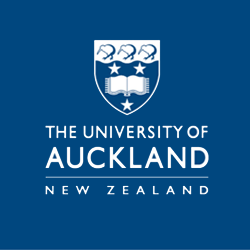
Targeted Learning Sessions to Enhance the Assessment Performance of First-Year Māori and Pasifika Students
Status
Completed: 8 February 2014
Project Details
A project, undertaken by University of Auckland, to develop a good practice guide outlining the design and application of Targeted Learning Sessions (TLS) and strategies developed to engage Māori and Pacific first-year learners in this system of academic support.
Aims:
The main aims of the project were to:
- provide details on the underlying pedagogy and first-year context that inform the TLS system
- detail the structure and delivery of the TLS
- provide strategies for engaging Māori and Pacific students within this teaching support initiative
- develop ideas for adapting the initiative into other tertiary contexts.
Methodology:
The project used a qualitative methodology.
Team

Dr Margaret Henley
The University of AucklandStatus
Funding
$5,000.00 (excl GST)
Key Findings
The key findings from the project included:
- The first Targeted Learning Session although built on sound teaching and learning pedagogy, was offered with no idea if it would appeal to more than a handful of students. It proved to be a service that appealed to the majority of students and was located in a space where they felt comfortable to learn and be seen to ask for academic assistance. We built it and they came!
- Of equal importance was who came to these sessions. With a few adaptations Māori and Pasifika students increasingly became regular and committed attendees. As we refined the sessions and tailored them more to this group of learners we achieved better results.
- The collaborative approach became the catalyst for a more effective delivery of teaching and learning expertise. The pragmatic clincher is that the scheme does not rely on additional funding or appointing new staff roles – it is simply a redeployment of existing staff and services shaped by good teaching practice that appeals to the needs of contemporary learners.
- Academic performance improved with reduced numbers of students not sitting exams (DNS) and average grades (GPA) have improved year on year over a 4-year period from 2008-2012.
Key Recommendations
The key recommendations from the project included:
Successful elements of Targeted Learning Sessions | Successful elements of TLS included: promoting the link between academic success and TLS to academic staff; working alongside course convenors to re-evaluate assessment structures and integrate TLS into a formative assessment scheme; embedding TLS into assessment framework across faculty; briefing all professional and academic staff in advance as to the structure and aims of the sessions; providing advice to course convenors to tailor strategies that encourage and engage Māori and Pasifika students in TLS; timing TLS exactly seven days before an assignment’s due date proved the ideal; scheduling a session directly after a lecture always ensured maximum uptake; participation of course convenor and teaching staff was crucial; preparation by tutors one week prior to the TLS to assist students to gain the most value out of the service.
Successful elements for engaging Māori and Pacific students | Successful elements included: providing students in advance with statistical evidence linking improvement of assignment grades with attendance at TLS; showing TLS promotional video in class so students know exactly what to expect and how to use the service; dedicating tutorial preparation time to plan how students can make the most out of attending TLS to improve their assignment grade; using tutorial time to help students write a schedule for their assignment research; arranging Māori or Pacific Tuākana mentor to accompany students to TLS; having a tutor available to help navigate students through the workstations and share in discussion; ensuring that Māori or Pacific librarian is available when the groups of Māori and Pacific students are expected.
A research report prepared by Margaret Henley.
(PDF, 2.3 MB, 25-pages).
- 5 August 2014